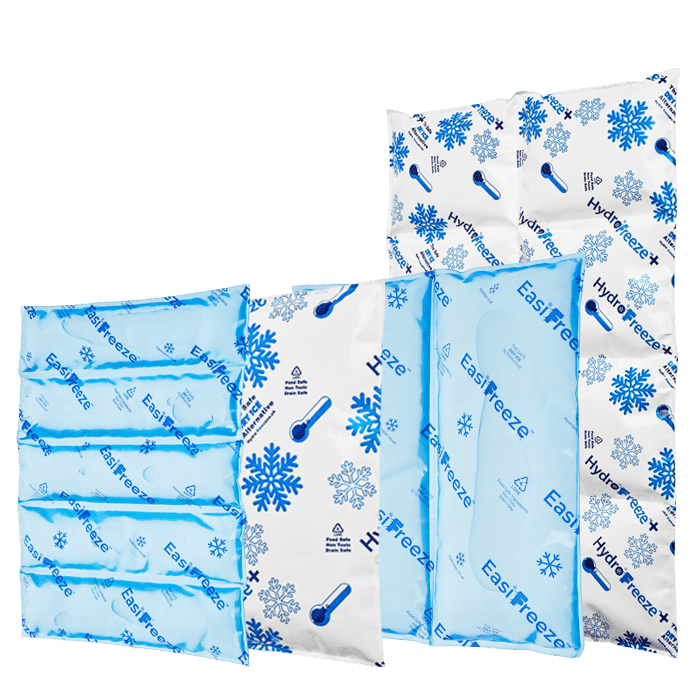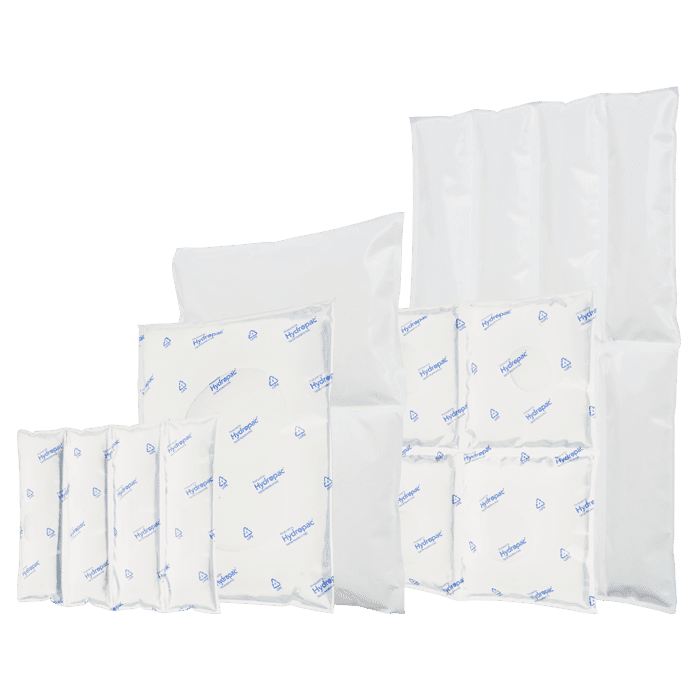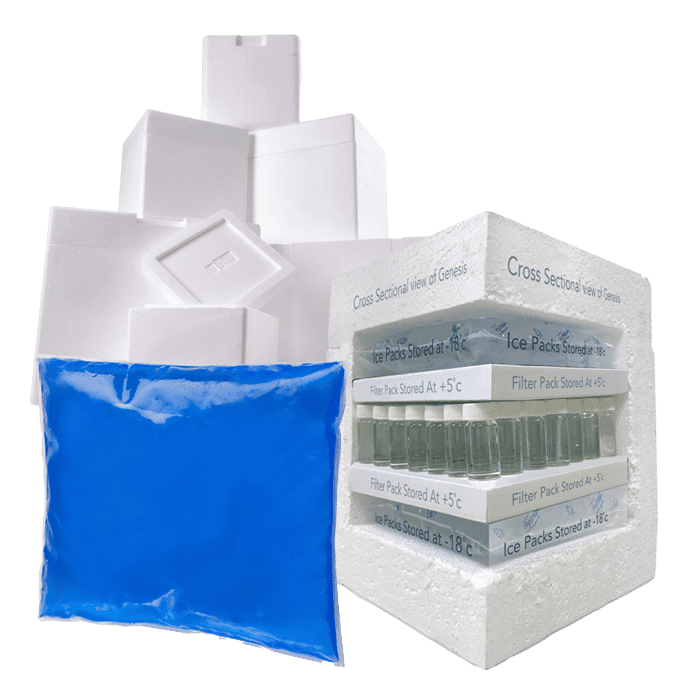Minimising food waste in the summer
Throughout the summer, being out and about can often cause us to neglect our fridges and ignore food in the house, which can sometimes lead to unintended food waste. Food waste has negative impacts on both our pockets and on the environment.
Where is food wasted?
Food waste is generated throughout the production line, in supermarkets and in consumer’s homes. It is not uncommon for any marked, misshapen, oddly sized or discoloured fruit and vegetables to be discarded before they even leave the farm. Sometimes food can go off during the transportation process and has to be discarded on arrival.
Foods that have passed their used-by dates are rejected by both retailers and those at home. In fact, this type of food waste is the greatest proportion of food waste in developed countries. Prepared/ cooked but uneaten food is also a large contributor to food waste.
Custom chilled solutions for you
Hydropac offers every customer a customized solution for chilled and conditioned shipping. For example, we help a customer with limited freezing capacity to deliver gel packs frozen and ready to use, and we can manufacture almost all shapes and sizes of cooling elements. As a customer, you come first: we are here to help you.
How can you change your habits to minimise food waste this summer?
You can minimise your impact on the environment with food waste and how you can make food last for longer in a number of ways.
Planning and organisation
- Meal planning once or twice a week is ideal. If you live on your own, decide what you want to eat over the following days and be realistic with this plan. If you live with friends or family, come together and develop a joint plan on who will be eating and what everyone wants to eat. By doing this, you have a plan of how many people will be eating on a certain day and how long the chosen food will last for.
- Meal prepping multiple times a week can help to minimise time cooking and helps you be prepared for meals throughout the week. This can be lunches to eat at home or take to work/picnics, dinners or just general snacks that can be grabbed on the go.
- Check your pantry, cupboards and fridge and write a list when you go shopping to avoid impulse buying or buying more than you need just from memory.
- Keep perishable foods that have shorter use by dates at the front of any cupboards and the fridge to encourage using and eating them first before other foods.
Food storage
- Once you have opened dry goods such as crackers or pasta, put them into a container that seals to prevent them from going stale or going bad.
- To keep lettuce, spinach, kale and other greens fresh for a long time, rinse them when you get home from the shops and wrap them in a damp towel. Store them in the fridge like this and it will help to keep them fresh and crisp for longer.
- Glass jars and glass containers are great for storing food and precooked meals in the fridge or cupboards. It can also help you to be more organised when storing food this way.
Freezing
- Vegetables such as broccoli, peas, cauliflower, onions, sweetcorn peppers and more can be frozen and cooked with other meals without the risk of them going bad on the days you don’t use them.
- You can also freeze fresh meat that you don’t think you will eat in time before their use by date. This leaves you with more time to eat the meat and not risk creating food waste.
- Precooked meals can also be frozen for future use.
Other options
- Composting is a great way to breakdown food scraps. You can compost using a traditional pile, a compost bin, an enclosed compost tumbler or a Bokashi bin which is used to compost meat and dairy.
Sustainability Hydropac and CSR
Sustainability isn’t just a trend for us – it’s a promise. As we innovate, create, and lead, we keep our planet’s well-being at the forefront. With Hydropac, you’re not just preserving the quality of your cargo; you’re contributing to a healthier world.
Experience the power of sustainable temperature assurance with Hydropac – where excellence and environmental responsibility coexist for a brighter future.







